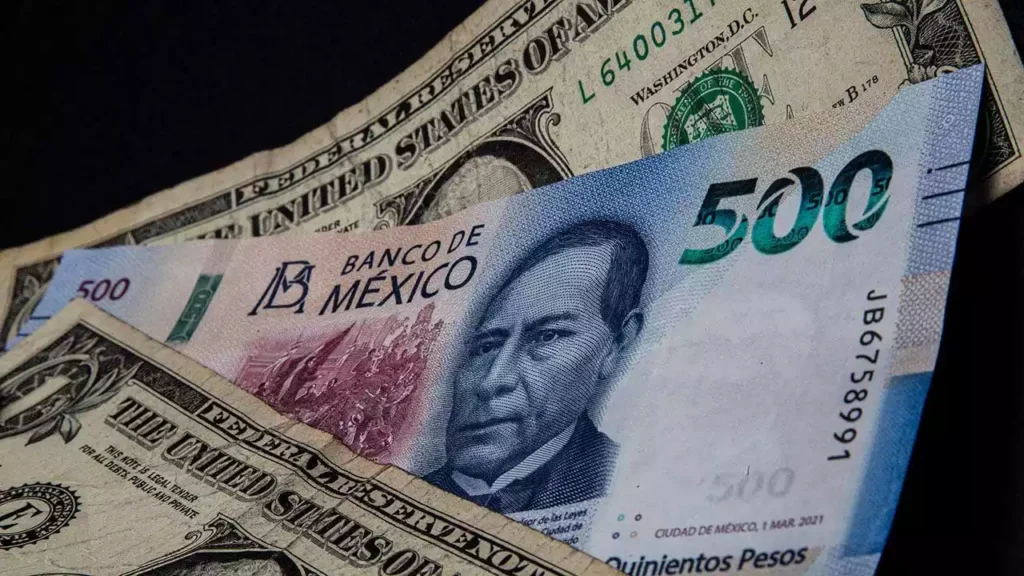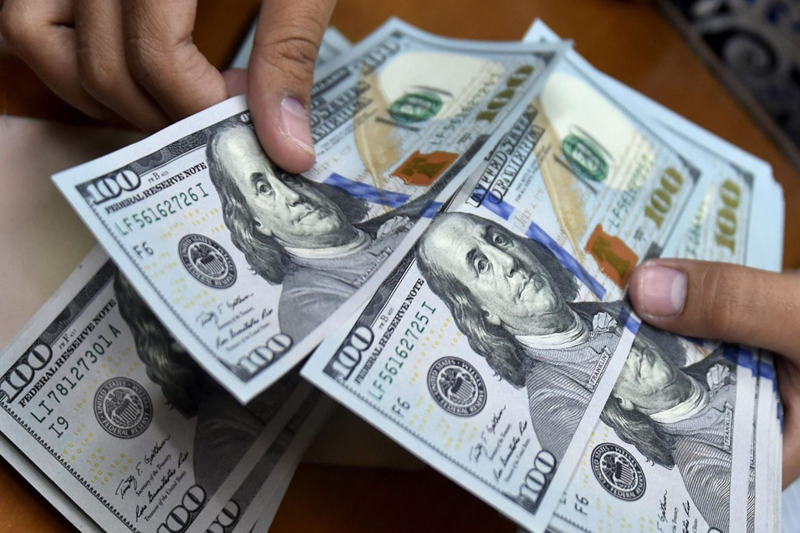French to Invest in Coffee Production in Cuba

French investors will contribute to coffee production in Cuba in a plan where the parties agree to plant and harvest for export to France.
The French company Malongó has signed an agreement with the state-owned Agroforestry Company Gran Piedra Baconao, in Santiago de Cuba, to produce coffee in Cuba.
This way, Malongó will invest in coffee production in a country whose residents can barely consume the infusion due to the depressed volume of the grain harvested on the island.
The agreement, signed during the National Day of France at the XXXIX International Fair of Havana (FIHAV 2023), was endorsed by Jean Pierre Blanc, general manager of Malongó.
In statements to the state-owned Cuban News Agency (ACN), the entrepreneur assured that the agreement would benefit the Ramón de Las Yaguas People’s Council.
The coffee production agreement in Cuba will start from the former La Fraternidad coffee plantation.
This site, located in the municipality of Songo la Maya in Santiago, is linked to the French presence and coffee cultivation in the eastern mountains of the island.
Coffee Production in Cuba: History
It is also part of the Archaeological Landscape of the First Coffee Plantations in Southeast Cuba, consisting of 171 farms and declared a UNESCO World Heritage Site in 2000.
In 2018, the official site Cubadebate mentioned the existence of the “Caminos del Café” (Coffee Roads) project since 2014, funded by the European Union, the Malongó foundation, and the Office of the Conservator of the City of Santiago de Cuba.
The project aimed to remodel the place, turning it into part of a kind of Coffee Museum and promoting “responsible tourism” there.
To produce coffee in Cuba, the reproduction of centuries-old coffee plantations is sought, just as the French did, with the varieties of coffee trees and fruit trees they used.
The business now signed in Havana would, according to ACN, “increase the productivity of this grain and, at the same time, improve the quality of life of the inhabitants of the area.”
Malongó is, according to its institutional website, “the specialist in organic and fair coffees,” as it sells “top-of-the-range coffees, coming from the noblest terroirs, cultivated according to ancestral agricultural methods within small family plantations.”
In mid-October, official Cuban media reported that, after being paralyzed for four months, the Holguin coffee roaster Reynerio Almaguer Paz had resumed its productions to ensure the delivery of this product in the basic basket of the provinces of Granma, Las Tunas, and Holguín.
Juan Sánchez Hijuelos, the director of the industry, emphasized when announcing the resumption of production that the accumulated delays in the sale of coffee to Cubans would not be replenished.
The coffee industry in Cuba is designed to assimilate about 3,000 tons annually from imported coffee beans and peas. According to some specialists, since the Castro regime took power, coffee production has fallen from over 60,000 to less than 6,000 tons annually.
Also read: Diageo Stocks Fell on November 10th







